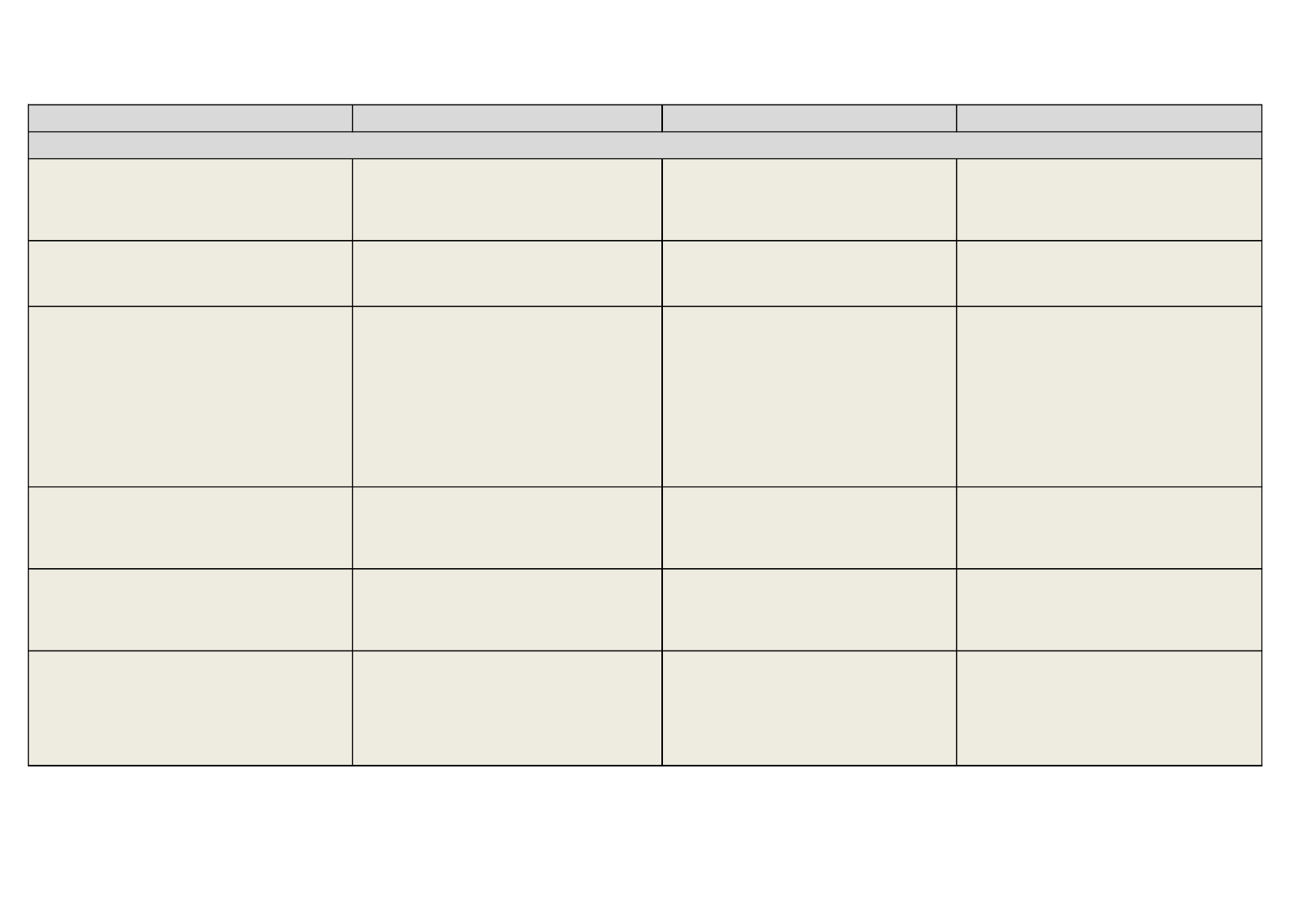
Danish simplification proposals regarding the CAP
Policy matter/subject/issue
Weighting
factor for catch crops and short rotation coppice
Description of the issue/Justification/Reasoning
In order to reduce and simplify the complex EFA
requirements for farmers the mandatory weighting factors
should be the same. Similar types of EFA (nitrogen-fixing
crops, catch crops and short rotation coppice) should have
the same value.
Farmers risk getting their green payment reduced as there is
a large risk that one of the two crops may outperform the
other. Also, it is difficult to control which again increases the
risk to the farmer.
Today, each greening requirement must be controlled at a
minimum rate of 5 %, which makes it impossible to carry out
only one control visit to a farmer and also increases the risk
for the timely payment for the farmer. It should be made
possible to perform the on- the-spot checks of all greening
requirements during the same inspection. Inspections
should be made similar to the inspections of cross
compliance, where everything that can possibly be
controlled at the time of inspection, is controlled.
Proposed solution
The mandatory weighting factors for catch crops and
short rotation coppice should be the same as for the
nitrogen-fixing crops.
Timing of solution (short, medium og long term)
Short term
- concerns delecated act (EU) 639/2014, Annex II)
Direct Payments, together with the corresponding elements in the Horizontal regulation
Abolish the requirement that EFA-catch crops must be
established as a mixture
Abolish requirement for establishing EFA-catch crops as a short term
mixture of crop spices.
- concerns delegated act (EU) 639/2014, Art. 45 (9)
Only one control visit for basic payment and greening
It should be possible to undertake similar inspections
short term
such as for cross compliance at the same time . Where
- concerns implementing act (EU) 809/2014, Art. 31
everything that can possibly be controlled at the time of
inspection is controlled.
Reduction of the control rate for greening
It should be possible for Member states as regards greening Member States discretion
to reduce the minimum level of on-the-spot checks carried
out each year to 3 %. There should be only one control rate
for the basic payment scheme and greening.
It is an administrative burden and superfluously to demand
that the EFA-layer should contain all potential types of EFAs
chosen by the Member State including non stable elements
like fallow land expected to remain for at least 3 years.
Delete this rule in the commissions guidance document
on the establishment of the EFA-layer referred to in
article 70 (2) of regulation (EU) 1306/2013
(DSCG/2014/31 Rev2-FINAL)
short term
- concerns implementing act (EU) No 809/2014, art. 36
EFA-layer with non stable elements
short term
- concerns the Commissions guidance document
DSCG/2014/31 Rev2-FINAL
Payment for young farmers
Payment for young farmers should also be granted to legal Clarify or delete the requirement regarding access to a
persons. However, the inclusion of legal persons as eligible legal person to the payment for young farmers.
young farmers sinificantly increases the complexity of the
scheme. The rules in the regulations are not designed to
legal persons which create ambiguities in the administration
of the payment.
medium term, concerns delegated act (EU) No 649/2014.
Art. 49